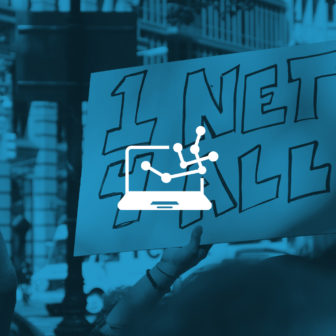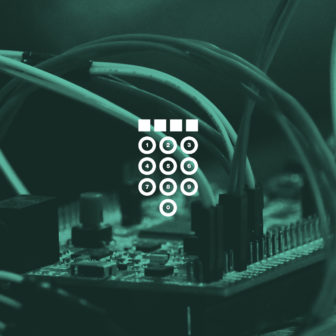Tag: Access to information

Wikipedia Zero and net neutrality: Wikimedia turns its back on the open internet
Wikipedia’s vision is “a world in which every single human being can freely share in the sum of all knowledge.” It’s a value that we at Access share. So we were shocked last week when the Wikimedia Foundation, which supports and hosts Wikipedia, turned its back on the greatest driver of open access to information the world has ever known, the open internet.

Reflections on the WSIS+10 High Level Event
From the 10th to the 13th of June, the World Summit on the Information Society (WSIS) held the capstone event of its ten year review, the WSIS+10 High Level Event. Two important documents were endorsed at this event, a statement on the implementation of the WSIS Outcomes enshrined in the 2005 Tunis Agenda, and a second document articulating a vision beyond 2015.
Flying the coup: Circumventing censorship in Thailand
Access complied the following list of readily available digital security tools to help internet users in Thailand exercise fundamental freedoms in a safe and secure manner online.
Thai coup threatens freedom of expression online
Access and our partners are alarmed by recent political events in Thailand; less than a week after a military coup took control of civilian institutions, the country is now witnessing a crackdown on free expression online and offline.
What did Africa Get out of NetMundial Internet Governance Discussions?
Our previous analysis of African stakeholders’ contributions to the initial NetMundial open submission process found that stakeholders from Africa emphasized human rights and role of governments in matters of internet governance.
Spotlight on African Contributions to Internet Governance Discussions Part 1: NetMundial
The internet affects every individual in this world whether directly or indirectly. For example, a medical professional somewhere in Goma, Congo might access the internet to read and post reviews to current medication available and this might have an impact on the kind of medication that he/she recommends to the patient, whether the patient has access to affordable internet or not. Since the internet affects everyone, Africans citizens who are aware of internet governance discussions, expect African stakeholders to engage in these discussions.
Spotlight on Internet Governance Part Four: NetMundial
Last October, in the aftermath of the revelations of mass government surveillance, the government of Brazil and the Internet Corporation for Assigned Names and Numbers (ICANN) announced a joint initiative that would bring together government, industry, civil society, and academia in a meeting in Brazil in April 2014 to discuss the future of internet governance. This evolved to become the Global Multistakeholder Meeting on the Future of Internet Governance, better known as NetMundial, an initiative of 12 governments — Argentina, France, Ghana, Germany, India, Indonesia, South Africa, South Korea, Tunisia, Turkey, and the United States have since joined Brazil– with representatives of civil society, academia, and the technical community participating in various planning committees.
Venezuela’s media crackdown extends online
Venezuela has become the first South American government to take credit for shutting down nationwide access to the servers of massive online social networks to stifle political demonstrations.
Turkish government passes harsh new internet law
Today, Turkish President Abdullah Gül signed a law increasing the government’s already tight grip on the internet. Even before Gül put pen to paper, Turkey was home to one of the world’s most restrictive internet censorship regimes — and this new legislation will only further undermine Turkish internet users’ fundamental rights.
Vietnam under review at the Human Rights Council: Cyber attacks on civil society a key concern
Amidst reports of declining human rights at home, Vietnam will appear before the U.N. Human Rights Council on Wednesday for a review of its human rights record. Access, as part of a coalition of freedom of expression organizations, is urging the international community to address Vietnam’s deteriorating human rights situation, in particular the increase in cyber attacks against civil society.